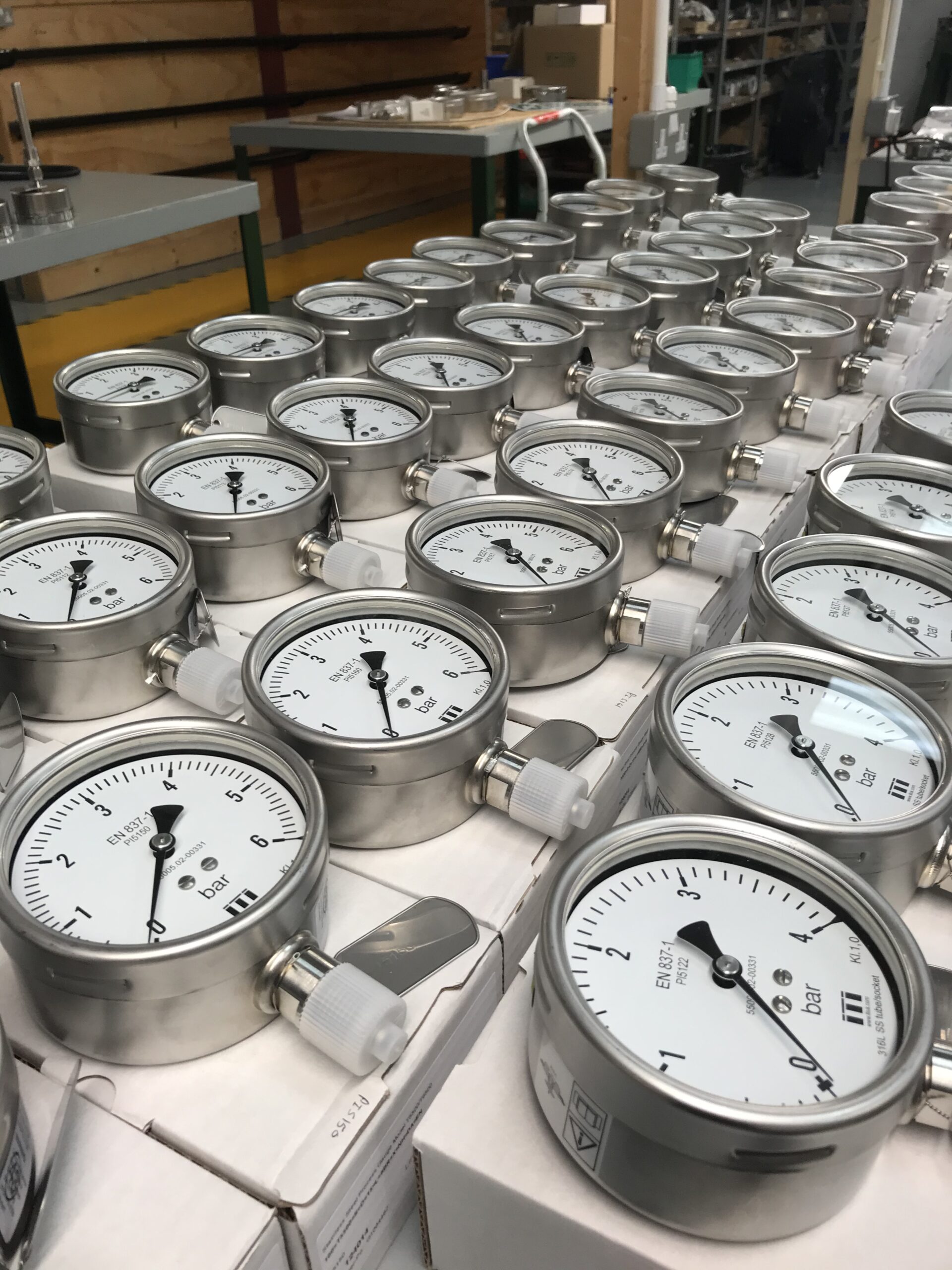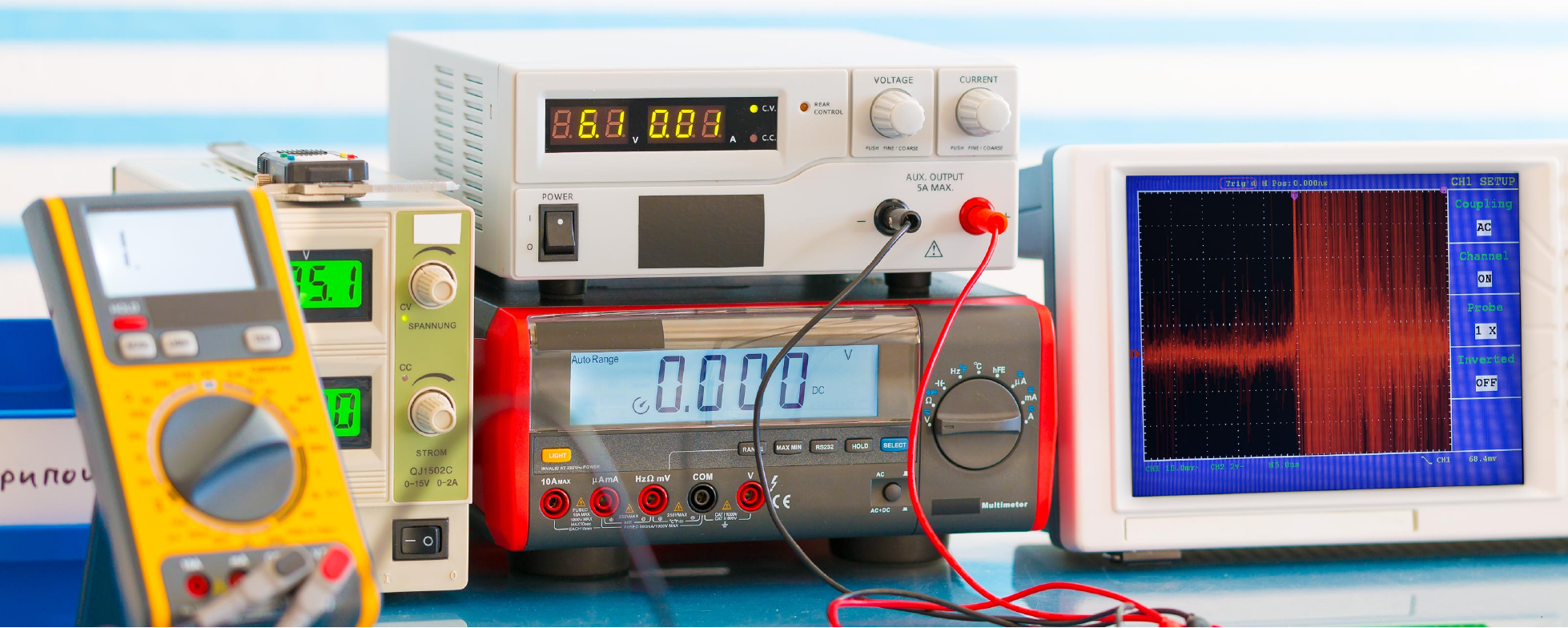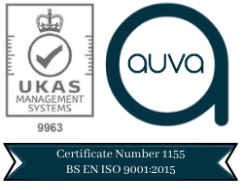Basics of Pressure & Pressure Measurement
Pressure is a force applied to a physical object; in our case, the force will be a liquid or gas being applied to a surface. At ITI UK, we use pressure gauges to measure this force.
Why do we need to measure pressure? It is important to measure the pressure of a substance throughout any manufacturing process, as it will allow you to determine the quality of the product being manufactured. It is for this reason that using accurate measuring instruments is vital to maintaining the quality of a process.
Pressure measurement is used in a range of industries, including; chemical plants, oil and gas, petrochemical applications, water, food, beverages, Concrete, heating and cooling, lumber and paper products and more. There are different types of sensors to choose from, each with its own strengths and limitations as well as use within each situation or industry, that best matches the application.
Pressure measurement methods
Across various industries, measuring the pressure of substances will vary because of certain conditions such as temperature, altitude and more.
The three methods for measuring pressure are absolute, gauge, and differential, our team at ITI UK, have explained the differences and how they can be used.
Absolute
An absolute pressure sensor measures pressure against a perfect vacuum, so it is equal to gauge pressure plus atmospheric pressure. It can be compared to measuring temperature in Kelvin, a unit that measures the coldest temperature. So, when the pressure is measured by an absolute pressure sensor, the measurement of 1 bar, for example, will be the same no matter where in the world or at what altitude.
Gauge
Gauge pressure sensors provide a measurement that is relative to the local atmospheric pressure and negative signs are usually omitted. For example, If the pressure measurement is 1 bar in a vessel, this is 1 bar more than the atmospheric pressure. A 1 bar reading at high altitude would mean the pressure measured in the vessel is lower absolute pressure than a 1 bar at sea level.
Differential
Differential pressure sensors measure the difference in pressure between two points; it’s often used to measure the flow of a liquid or gas in pipes or ducts. It is also used to detect a blockage or seized valve, which is a major benefit. If the pressure before a valve is higher than after it (in the direction of flow), there will be something affecting the flow and progress of the gas or liquid between the two points measured.
Do absolute, gauge and differential pressure sensors measure pressure differently?
To select the appropriate pressure sensor for a certain industry application, you’ll need to consider the purpose of the measurement. Generally, it is the environmental conditions where the sensor will be used and the substance being measured that will influence which type of pressure sensor should be used.
If you have a question that isn’t answered here, why not ask us? You can give us a call on +44161 652 7741 or email us: sales@itiuk.com.






